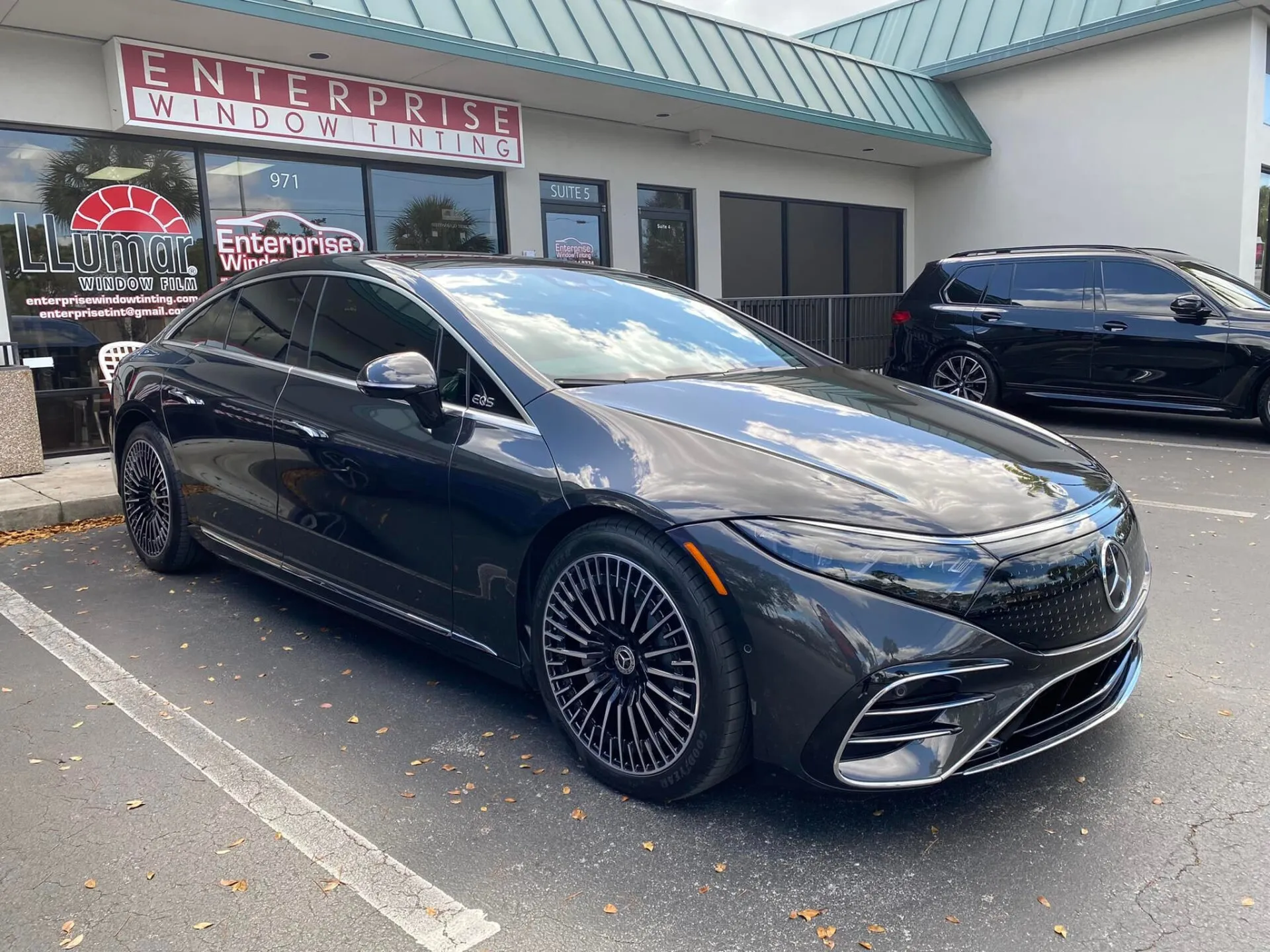When it comes to car window tinting, there are a lot of myths that have been circulating for years. Many people assume things about the process that just aren’t true. In this article, we’re going to break down some of the most common car window tinting myth and give you the facts that can help you make a more informed decision.
1. Car Window Tinting Reduces Visibility at Night
A common misconception about car window tinting myth is that it makes driving at night difficult due to reduced visibility. However, the truth is that the level of tint applied to the windows does not impact night driving visibility significantly. While darker tints might make it harder to see through the windows in very low light conditions, modern tints are designed to maintain clear visibility, ensuring you can drive safely regardless of the time of day.
2. Window Tinting Will Void Your Vehicle’s Warranty
Another car window tinting myth that many people believe is that it will void the manufacturer’s warranty on their car. In reality, most vehicle manufacturers don’t consider window tinting as something that voids warranties, as long as the tinting is applied properly and complies with local laws. To avoid any issues, it’s essential to choose a professional car window tinting service that uses high-quality films and complies with legal standards.
3. Tinting Makes Your Car Less Safe
Many believe that car window tinting can reduce the safety of the vehicle, thinking it will make it harder to see in or out of the car. In fact, the opposite is true. The right level of tint can provide additional safety by making it harder for thieves to see inside your vehicle. Moreover, window tinting can help hold the glass together in the event of a break, reducing the risk of injury from flying glass.
4. Window Tinting Is Only for Aesthetic Purposes
While many people choose car window tinting myth for its sleek, stylish look, there are several practical benefits. Tinted windows provide protection from harmful UV rays, which can cause damage to your skin and interior upholstery. Car window tinting can also help regulate the temperature inside your vehicle, making it cooler and more comfortable, especially on hot days.
5. All Tint Films Are the Same
Not all car window tinting films are created equal. Some tints are purely cosmetic, while others provide UV protection and heat reduction. When selecting a tint, make sure to choose a high-quality film that offers both durability and functionality. Ceramic tints, for example, are known for their heat-reducing properties and higher UV protection.
6. Car Window Tinting Will Affect Your Radio Signals
Some people think that car window tinting can interfere with radio signals, GPS, and other electronic systems in the vehicle. However, this is only true for certain types of tinting films, especially metallic ones. Modern car window tinting films are designed to be signal-friendly, so you don’t need to worry about losing signal strength with high-quality films.
7. Window Tinting Is Too Expensive
While it’s true that car window tinting can be an investment, many people find that the benefits outweigh the costs. A good-quality tint can help maintain the condition of your car’s interior, protect it from the sun’s harmful rays, and keep the cabin cooler, which can ultimately reduce the need for air conditioning. Over time, the cost of car window tinting is offset by these benefits, making it a smart investment.
8. You Can Tint Your Own Windows
While DIY car window tinting kits are available, they are not recommended for those without experience. Applying window tint requires precision, and improper installation can result in bubbling, peeling, and damage to your windows. It’s always best to trust a professional car window tinting service to ensure that the tint is applied correctly and that it meets local legal requirements.
9. Tinted Windows Are Illegal Everywhere
Some people avoid car window tinting because they believe it’s illegal everywhere. However, this isn’t the case. While there are regulations regarding the amount of tint allowed on windows in different areas, tinted windows are perfectly legal in most places as long as they meet local laws. Be sure to check your local regulations to make sure that the tint you choose is compliant.
10. The Tint Will Fade Over Time
Another car window tinting myth is that the tint will fade or change color over time. While older films used to fade or discolor after prolonged exposure to sunlight, modern window tinting materials are much more durable and maintain their color and effectiveness. High-quality car window tinting films are designed to resist fading, so you can enjoy the same look and protection for years to come.
Conclusion Now that we’ve debunked some of the most common car window tinting myths, you should have a clearer understanding of the benefits and reality of window tinting. Whether you’re looking to protect your car’s interior, reduce heat, or just enhance the look of your vehicle, car window tinting myth offers a range of benefits that make it a worthwhile investment. Remember, when it comes to tinting your windows, always choose a professional service to ensure you get the best results.
If you’re interested in getting car window tinting for your vehicle, make sure to choose a professional service that uses high-quality materials and ensures compliance with local laws.

